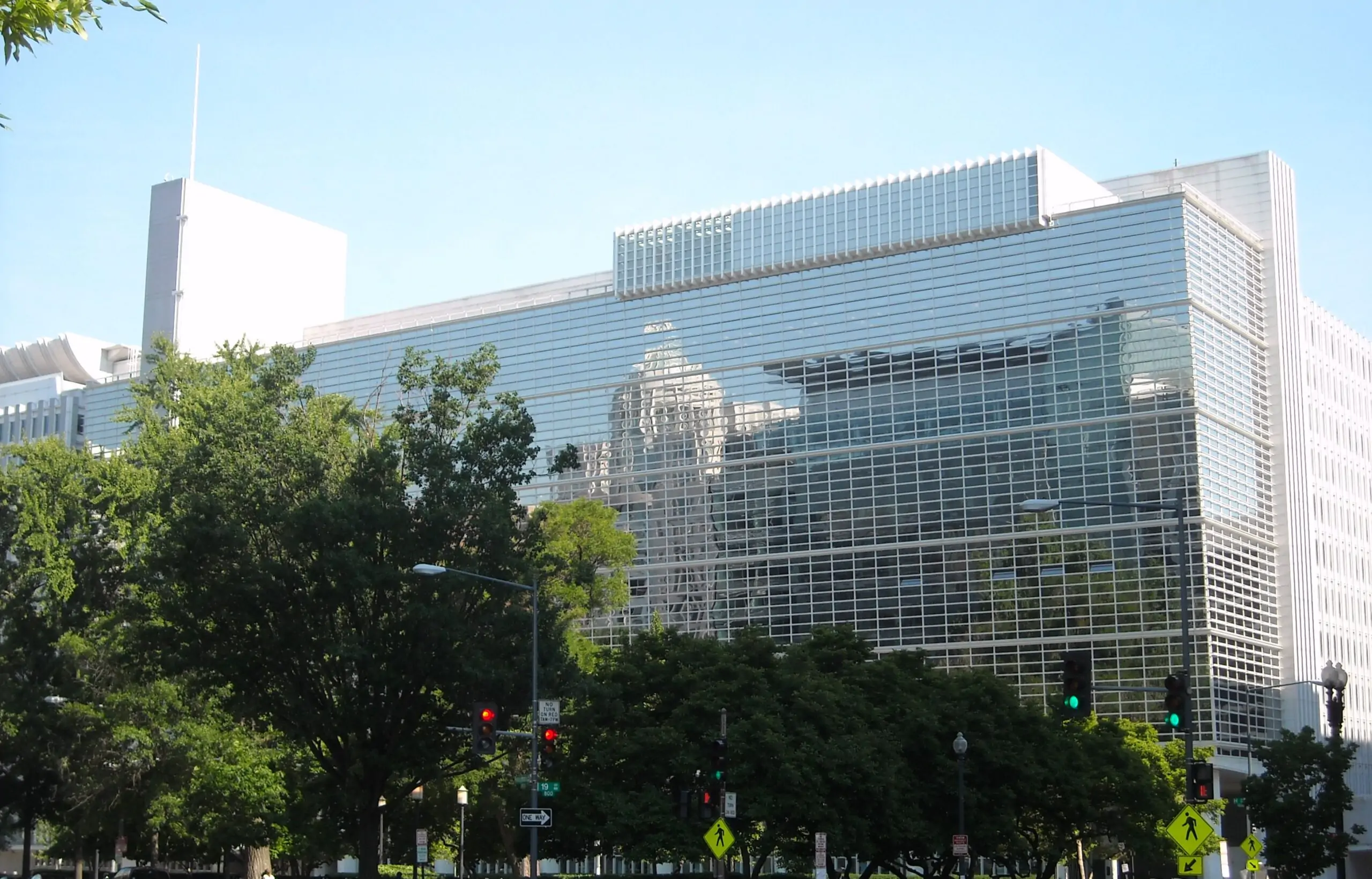
In a significant move to address one of Africa’s most pressing challenges, the World Bank has announced an ambitious plan to expand its efforts in connecting millions of Africans to the electricity grid by 2030. The announcement came from World Bank President Ajay Banga, who emphasized the critical importance of reliable electricity access for economic development and job creation across the continent.
Initially targeting to connect 100 million Africans to affordable energy by the end of the decade, the World Bank has now set its sights higher, aiming to reach more than 250 million people. This expansion of ambition underscores the severity of the energy deficit in Africa, where an estimated 600 million people currently lack access to reliable and affordable electricity.
“Back in COP28, the World Bank made a commitment to connect 100 million Africans to affordable energy by 2030,” noted President Banga during an event at the Bank’s headquarters in Washington. “We’re going to multiply that commitment to 250 million people out of that 600,” he added, highlighting the urgency of the situation.
To achieve this ambitious target, the World Bank estimates that $30 billion of public sector investment will be required. Last year, the Bank allocated $5 billion to the project, leaving a substantial funding gap of $25 billion. In a bid to bridge this financial divide, the Bank plans to raise an additional $15 billion through its concessional lending arm, the International Development Association (IDA). However, an additional $10 billion will need to be sourced from other public funds, according to a spokesperson.
“600 million people in the continent do not have access to any power. Any. Zero,” exclaimed Banga, underscoring the gravity of the situation. “To me, that’s an unacceptable situation in the year 2024.” He emphasized that electrification efforts must be prioritized as a fundamental mission, stressing that “Getting electricity to people is mission one, two and three.”
In parallel with the World Bank’s efforts, the African Development Bank (AfDB) is also intensifying its endeavors to connect more people to the grid. Banga revealed that the AfDB aims to bring an additional 50 million people online by the end of the decade. “If we can reach 300 out of 600 by 2030, that’s great stuff,” he remarked, highlighting the importance of collective commitment and effort.
However, Banga acknowledged that such ambitious targets require concerted action from all parts of the Bank. “That’s the kind of commitment we need to make,” he affirmed, emphasizing the need for collaboration and coordination across various sectors and stakeholders.
The electrification drive is poised to have far-reaching impacts on Africa’s socio-economic landscape. Access to reliable electricity is not only crucial for basic necessities like lighting and cooking but also plays a pivotal role in powering industries, healthcare facilities, and educational institutions. By bridging the energy gap, the initiative aims to unlock immense potential for economic growth, job creation, and poverty alleviation across the continent.
In conclusion, the World Bank’s escalated efforts to electrify Africa signify a bold step towards addressing one of the most pressing challenges facing the continent. With a renewed commitment and ambitious targets, the Bank, along with its partners, is poised to make significant strides in expanding access to reliable and affordable electricity, ultimately paving the way for a brighter and more prosperous future for millions of Africans.
This website uses cookies.